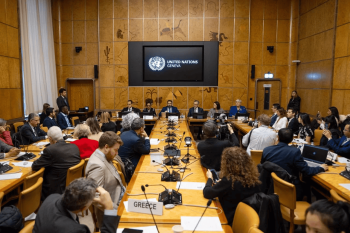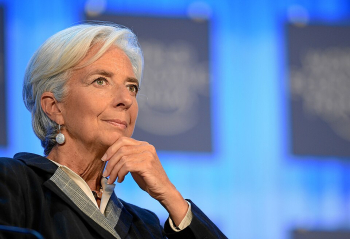
Germany's Bundesbank has taken a significant step in addressing the Nazi legacy of its predecessor, unveiling new research that delves into its dark history and affirming
its commitment to combating antisemitism and discrimination.
Released on Friday, an abridged version of a forthcoming series of volumes sheds light on the role of the Reichsbank in financing Adolf Hitler's war machine, facilitating the exploitation of occupied territories, and participating in the seizure, expropriation, and sale of Jewish assets. Albrecht Ritschl, a professor of economic history at the London School of Economics and one of the researchers involved, emphasized the Reichsbank's complicity, describing it as a "willing accomplice and beneficiary of stolen assets" during the financial devastation inflicted on Jewish communities.
Established in Frankfurt in 1957, the Bundesbank sought to distance itself from its tainted predecessor, the Berlin-based Reichsbank, which was disbanded after World War II and initially replaced by the Bank deutscher Länder. While the Allies confiscated the Reichsbank's gold, remnants of its personnel, particularly mid-level managers, found employment in the new institutions following a process of "denazification."
The researchers uncovered a concerning degree of continuity within the financial elite, mirroring patterns observed in other public institutions, despite efforts at denazification. Magnus Brechtken, deputy director of the Institute for Contemporary History in Munich, highlighted the persistence of this functional elite within the Bundesbank and other government entities.
Bundesbank President Joachim Nagel expressed hope that the 100-page booklet would raise public awareness and underscore the institution's commitment to learning from its past. He reiterated the imperative of ensuring that antisemitism and exclusion of minorities never resurface in Germany, echoing sentiments voiced in recent protests against the resurgence of far-right movements.
In a resolute stance, Nagel emphasized that government bodies, including the central bank, must uphold democratic values and never again become instruments of oppression. The Bundesbank's acknowledgment of its historical complicity marks a crucial step toward confronting the shadows of the past and fostering a future built on principles of inclusivity and tolerance. Photo by Mark Fosh from Watford, UK, Wikimedia commons.

















